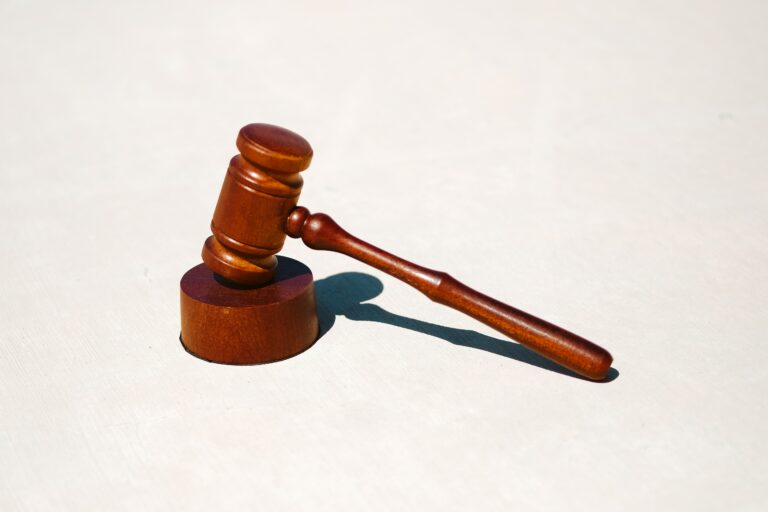
Heirs’ Property and Potential Landowners Issues in Inheritance through Probate
Heirs’ property describes land or real estate that an heir inherits without a legally binding will. When a person dies without a will, their property goes through probate. This legal process determines the value of the deceased’s assets, pays off any debts and identifies the rightful heirs. Without a will, property is often divided among multiple heirs, fracturing the property among various landowners.
What Landowners Issues Arise from Heirs’ Property?
Heirs’ property creates several challenges for landowners:
- Lack of Clear Title: Landowners cannot access the full benefits of homeownership without a clear title. They are often ineligible for loans or government assistance programs, making maintaining or improving the property difficult.
- Vulnerability to Partition Sales: Any heir, regardless of their fractional interest, can initiate a partition sale. A forced sale can occur if the property cannot be physically divided, which is common in urban areas. This makes heirs’ properties susceptible to speculators who can buy out a single heir and force a sale.
- Tax Issues: Heirs’ property owners may face higher property taxes because they cannot qualify for tax exemptions without a clear title. This increases the risk of tax foreclosure.
At first, fractional ownership under heirs’ property wouldn’t seem like a bad solution. However, the divided property ends up being worth much less to your descendants than the sum of its parts.
The Impact on Black Communities
Heirs’ property is particularly prevalent in Black communities, especially in the rural South. Historical factors, such as exclusion from the legal system during Reconstruction and Jim Crow eras, contributed to this issue.
Black families have lost significant wealth due to a historic lack of access to estate planning. According to HousingMatters, roughly one-third of all Black-owned land in the South is heirs’ property. This amounts to around 3.5 million acres with a value of $28 billion.
What Is the Uniform Partition of Heirs Property Act?
The Uniform Partition of Heirs Property Act (UPHPA) is legislation designed to protect the owners of heirs’ property from forced sales. According to ABCnews, the UPHPA helps families preserve their inherited property and maintain their wealth.
This bill aims to provide a fair process to partition inherited property. Co-owners can buy out the shares of other heirs before any forced sale. This law prioritizes keeping the property within the family, closing an avenue for real estate speculators to exploit heirs’ property owners.
Protecting and Preserving Heirs’ Property
Addressing the issue of heirs’ property requires a multi-faceted approach:
- Legal Assistance: Providing legal services to help landowners create wills and clear titles is crucial. Legal clinics and pro bono work can connect lawyers with communities in need.
- Community Engagement: Partnering with trusted community organizations can help build trust and encourage estate planning.
- Policy Changes: Implementing state policies, like the Uniform Partition of Heirs’ Property Act, can protect landowners by allowing them to buy out other heirs and prevent forced sales.
Black Families, Estate Planning, and Truth in Fiction
In a poignant episode of HBO’s “Insecure,” Issa Rae’s character mentions that her great-aunt’s will was thought to be with God. However, it ended up with the county. This humorous line underlines the unfortunate reality that many Black families lack legally binding wills. As a result, many Black families have suffered even more obstacles to accruing generational wealth.
Without proper estate planning, properties end up in probate. This leads to avoidable taxes, fractional ownership and vulnerability to partition sales. This strips families of their heritage, while simultaneously perpetuating the racial wealth gap.
Plan for Generational Wealth
If you own property and lack a robust estate plan, taking action now is crucial. Contact our estate planning attorneys to learn more about protecting and transferring your assets to your descendants. Request a consultation today to secure your family’s legacy and reduce the racial wealth gap.
Key Takeaways
- Clear Title Importance: Obtaining a clear title helps landowners access loans and government assistance.
- Risk of Partition Sales: Any heir can force a sale, making properties vulnerable to speculators.
- Tax Challenges: Heirs’ property owners may face higher taxes, risking foreclosure.
- Impact on Black Communities: A significant portion of Black-owned land in the South is heirs’ property, affecting wealth transfer.
- Solutions: Legal assistance, community engagement and policy changes are crucial for protecting heirs’ property.
References: ABCnews (Oct. 27, 2023) “In North Carolina, a proposed law could help families protect land ownership” and HousingMatters (Dec. 13, 2023) “What Is Heirs’ Property, and Why Does It Matter for Equitable Homeownership?”








